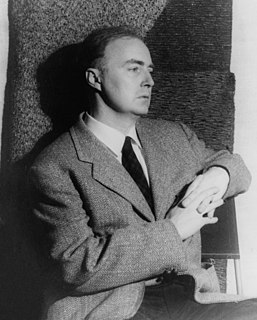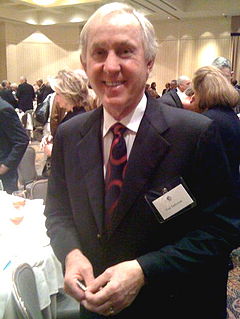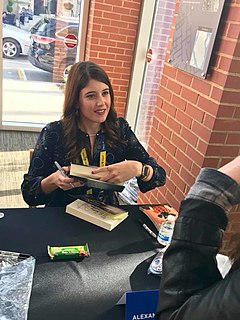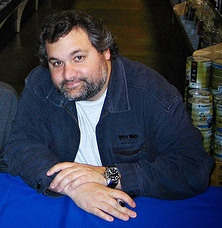A Quote by James Purdy
The world is telling you through The New York Times and The New York Review of Books "You must shut up. You must never appear again. Because you are not relevant to us." So you have to fight their attempt to destroy you, fight to continue feeling.
Related Quotes
Stephen King writes mass fiction but gets reviewed by the New York Times and writes for the New Yorker. Critics say to me, "Shut up and enjoy your money," and I think, OK, I'll shut up and enjoy my money, but why does Stephen King get to enjoy his money and get reviewed on the cover of the New York Times Sunday Book Review?
As a journalist, I never critiqued anyone. I never review books. I've never felt qualified as a musician to say whether someone is a good musician or a bad musician. What happens with Black writers and Black artists is that if you're critiqued, for example, by a Black historian who wants to get his name on the cover of "The New York Times," and he says something, like, wacky, well, he'll get his name on the cover of "The New York Times" and he might get tenure, and your career suffers.
Woody Allen stayed so good because he never left New York. Howard Stern stayed so good because he never left New York - Mel Brooks when he just got out of New York was doing 'Blazing Saddles;' when he left New York he started doing stuff like 'Robin Hood Men In Tights' - he was in L.A. too long. He lost the edge.






































